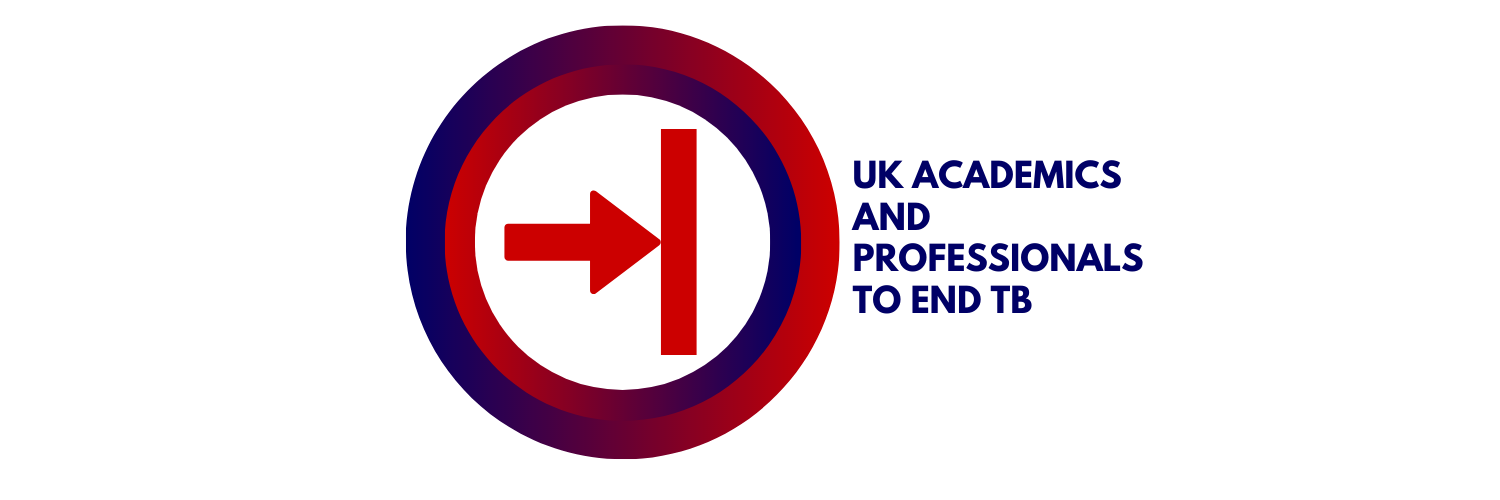“Yes. We Can End TB!” A World TB Day blog by Jess Potter
Written by Jess Potter, Co-Chair for UKAPTB
The 24th March every year, marks the anniversary of Sir Robert Koch’s discovery of the bacteria causing tuberculosis (TB). We use this as world TB day to advocate for the fight to end this entirely preventable and curable infection. The COVID-19 pandemic has slowed our progress in this fight. We have seen both global increases in incidence and mortality. “Yes. We Can End TB!” is the theme this year for World TB Day evoking hope with more diagnostic tools than ever and less toxic, shorter treatment regimens.
I had the pleasure of attending a range of events designed to raise awareness about TB. Professor Madhu Pai gave the Steven Lawn Memorial Lecture on the know-do gap in TB. Paul Farmer once said, "Why, if effective chemotherapy exists, does TB remain a leading killer of young adults?" For me, this talk and Paul Farmer's statement rings the bells of implementation science - methods designed to understand and facilitate the uptake of evidence-based solutions in practice. Our implementation is crucial and much can be achieved by knowledge consolidation - doing the things we know work and doing them well. For example, we know how to find and treat active TB but are our strategies, equitable, do they ensure those most at risk and most vulnerable are treated as well as others? There are new shorter regimens and all-oral regimens for MDR-TB but can the people who need them, access the drugs that the evidence tells us they should take?
However, implementation alone can’t fix all our problems. Resources for prevention and treatment are lacking. Our vaccine is 100 years old, sorely out of date and needs rethinking and the Call to Action by the Stop TB partnership highlights this ongoing fight.
Drug resource is another ongoing issue. We need advocacy and political will to tackle this. The incredible work of TB survivors in securing access to Bedaquiline in taking up a legal challenge to extend its patent was amazing to see. This can worry some due to limited access to drug sensitivity analysis tools where bedaquiline is in use. But I feel that we must use the tools we have now to save lives in tandem with advocating for improved access to drug sensitivity testing to ensure Bedaquiline's longevity. The work of these TB survivors is amazing, but I would ask us as a community of researchers and healthcare professionals what we did to support them?
What can we be doing to ensure we use our own expertise and power to demand the things TB survivors tell us they need?
We must align ourselves with other issues to gather resource and find solutions that can work across and within health systems. Simply asking for more will not cut it and the new report from Campaigns in Global Health reminds us of the need for these cross-cutting approaches. We need demands and strategies that tackle more than one problem at a time. It's particularly powerful to pick an issue that is at the forefront of global concerns. We can leverage pertinent issues such as pandemic preparedness or Universal Health Coverage. Later this year the UN General Assembly will be holding the second ever High Level Meeting on TB and at the same time high level meetings on universal health coverage and pandemic prevention, preparedness and response.
Political engagement is vital if we are to gather the resources we need to get back on track to end TB
As researchers and professionals it is our duty to use our platform alongside TB survivors to keep demanding resource both to discover new and better tools but also to apply what we know effectively. UK Academics & Professionals to End TB are one model on how to do organise political advocacy within country and you can access our recent webinar here.
Closing the know-do gap by applying what we know and using our voices together to demand the resources required: Yes. We can End TB!
